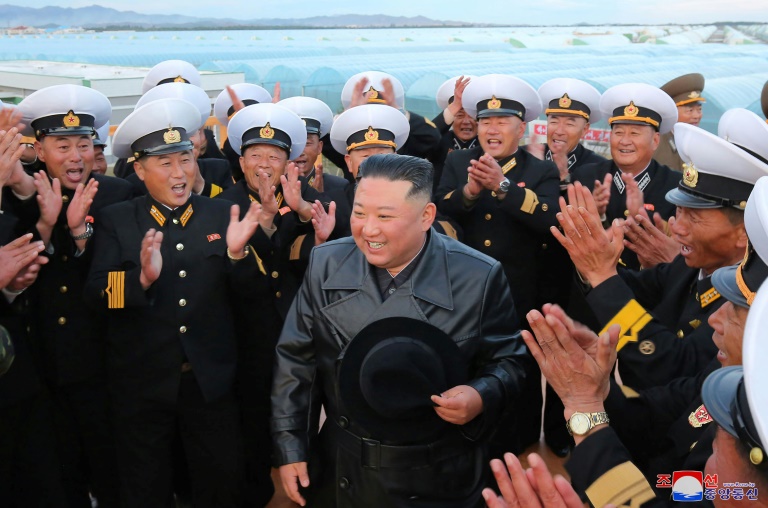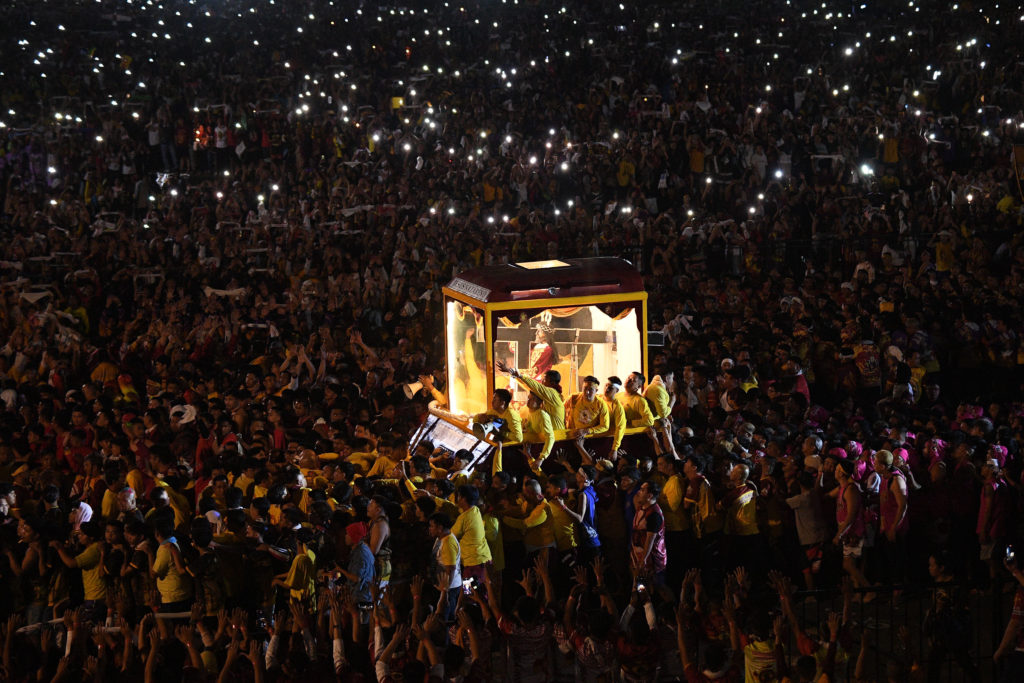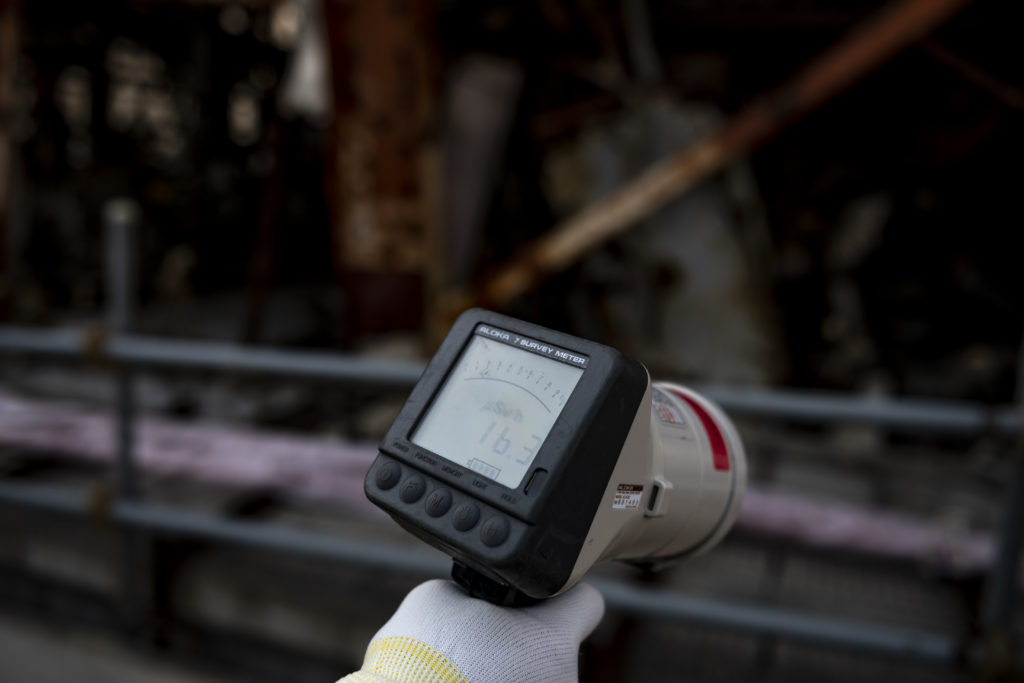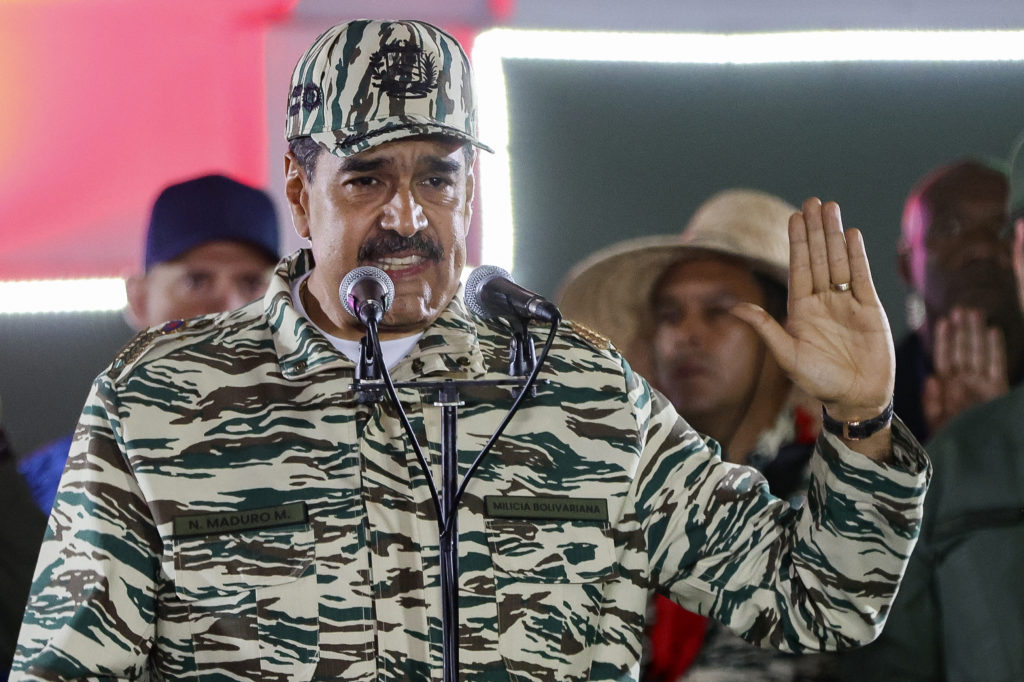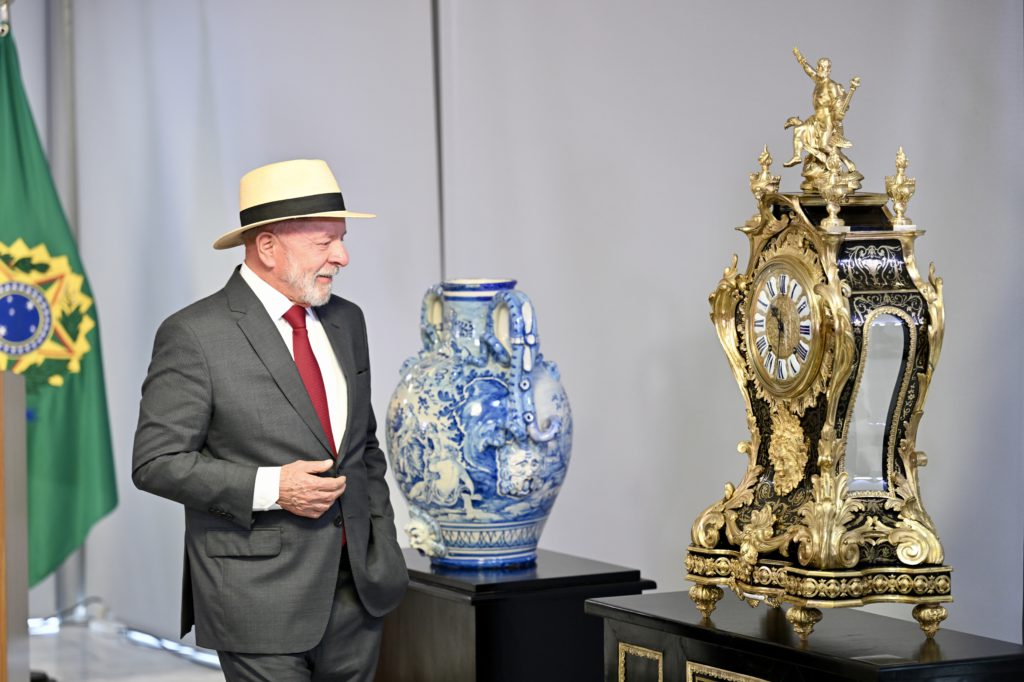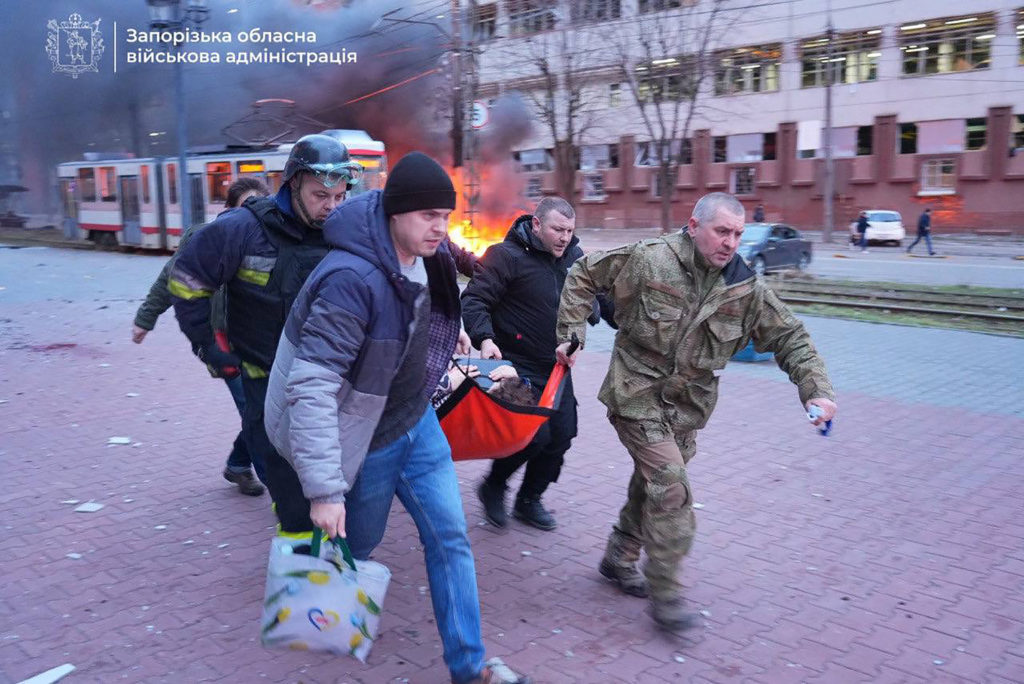North Korea's leader Kim Jong Un (C, pictured October 10, 2022) has vowed to develop the country's nuclear forces at the fastest possible speed
Kim Jong Un supervised the launch of two long-range cruise missiles, state media said Thursday, adding that the weapons were equipped to carry tactical nukes and had already been deployed to North Korean army units.
Pyongyang has conducted a blitz of ballistic missile tests recently which it described as tactical nuclear drills that simulated taking out airports and military facilities across South Korea.
Analysts warned the isolated regime had completed preparations for another nuclear test.
The cruise missiles — which travel at much lower altitudes than ballistic missiles, making them harder to detect and intercept — travelled 2,000 kilometres (1,240 miles) over the sea Wednesday before hitting their targets, the Korean Central News Agency said.
Kim expressed “great satisfaction” with the tests for improving combat efficiency of the cruise missiles, which KCNA said have already been “deployed at the units of the Korean People’s Army for the operation of tactical nukes.”
Kim said the country’s nuclear combat forces were at “full preparedness for actual war” and said that the tests were another warning to the country’s enemies.
North Korea must “continue to expand the operational sphere of the nuclear strategic armed forces to resolutely deter any crucial military crisis and war crisis,” the report added.
“Kim Jong Un stressed that we should focus all efforts on the endless and accelerating development of the national nuclear combat armed forces,” it said.
Pyongyang is not technically banned by the UN from testing cruise missiles, but all ballistic missile launches violate sanctions and are typically flagged by Seoul or Tokyo. Neither alerted the Wednesday test.
Kim made acquiring tactical nukes — smaller, lighter weapons designed for battlefield use — a top priority at a key party congress in January 2021, and this year vowed to develop North Korea’s nuclear forces at the fastest possible speed.
“The latest test means the North is operating tactical nuclear capability on cruise missiles, which are harder to detect for their low-altitude flight,” Hong Min of the Korea Institute for National Unification told AFP.
“It is a testament to Pyongyang’s capability to mount nuclear warheads,” he said, adding that cruise missiles can also have irregular flight paths making them harder to intercept.
– Military drills –
The country revised its nuclear laws last month to allow preemptive strikes, with Kim declaring North Korea an “irreversible” nuclear power — effectively ending the possibility of negotiations over its arsenal.
Since then, Seoul, Tokyo and Washington have ramped up combined military exercises, including deploying a nuclear-powered US aircraft carrier to the area twice, infuriating Pyongyang, which sees such drills as rehearsals for invasion.
In response, North Korea “decided to organise military drills under the simulation of an actual war” that gamed out hitting South Korea’s ports, airports and military command facilities, KCNA said Monday.
North Korean army units involved in “the operation of tactical nukes staged military drills from September 25 to October 9 in order to check and assess the war deterrent and nuclear counterattack capability”, the agency said.
Kim oversaw these tests as well, it said.
This report also said that North Korea’s October 4 missile launch, which flew over Japan and prompted rare evacuation warnings, involved a “new-type ground-to-ground intermediate-range ballistic missile”.
The volley of KCNA statements about the country’s recent tests — which are unusual, as state media no longer routinely comments on launches — indicates Pyongyang is concerned about the recent US-led joint drills, analysts say.

